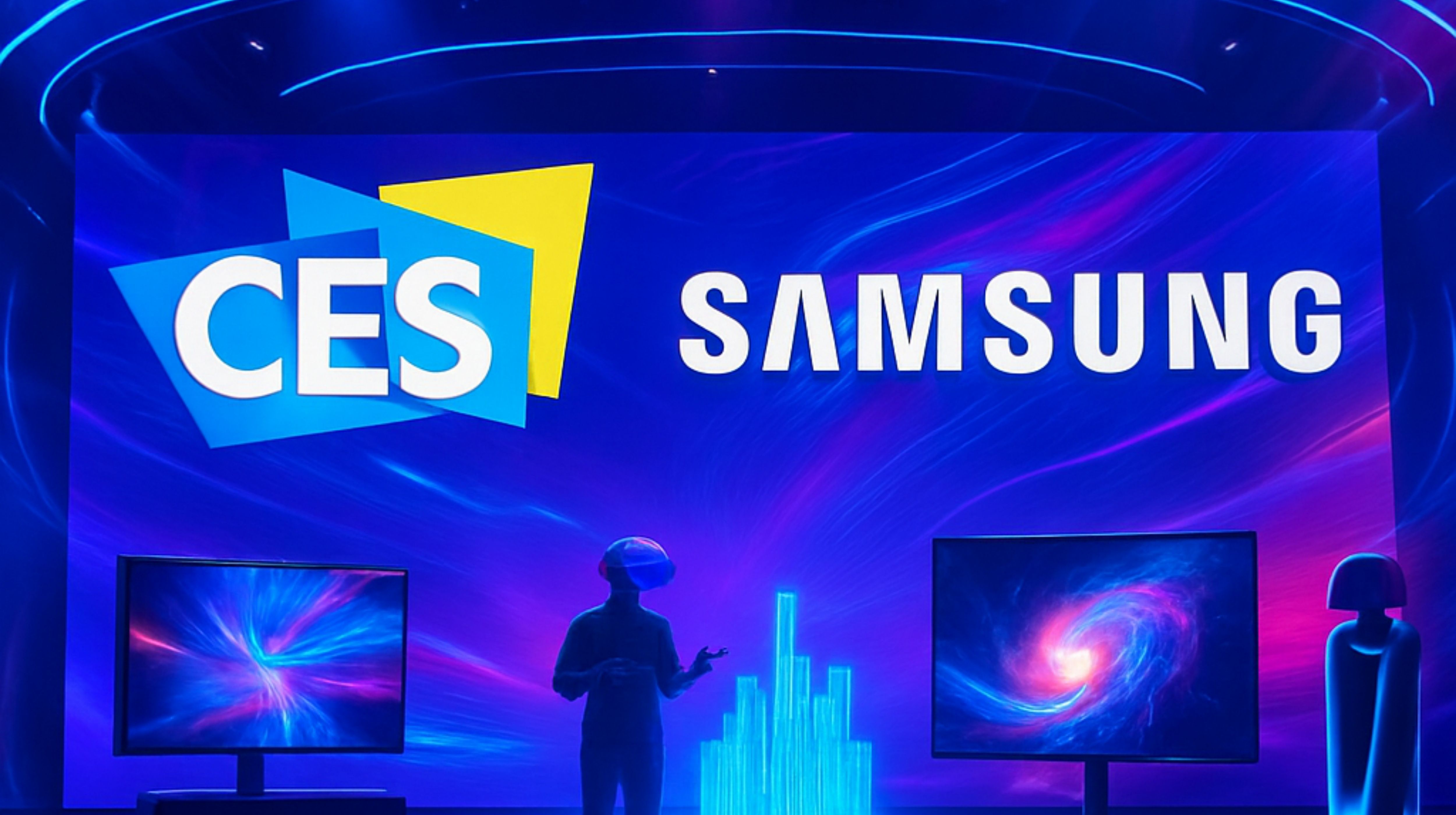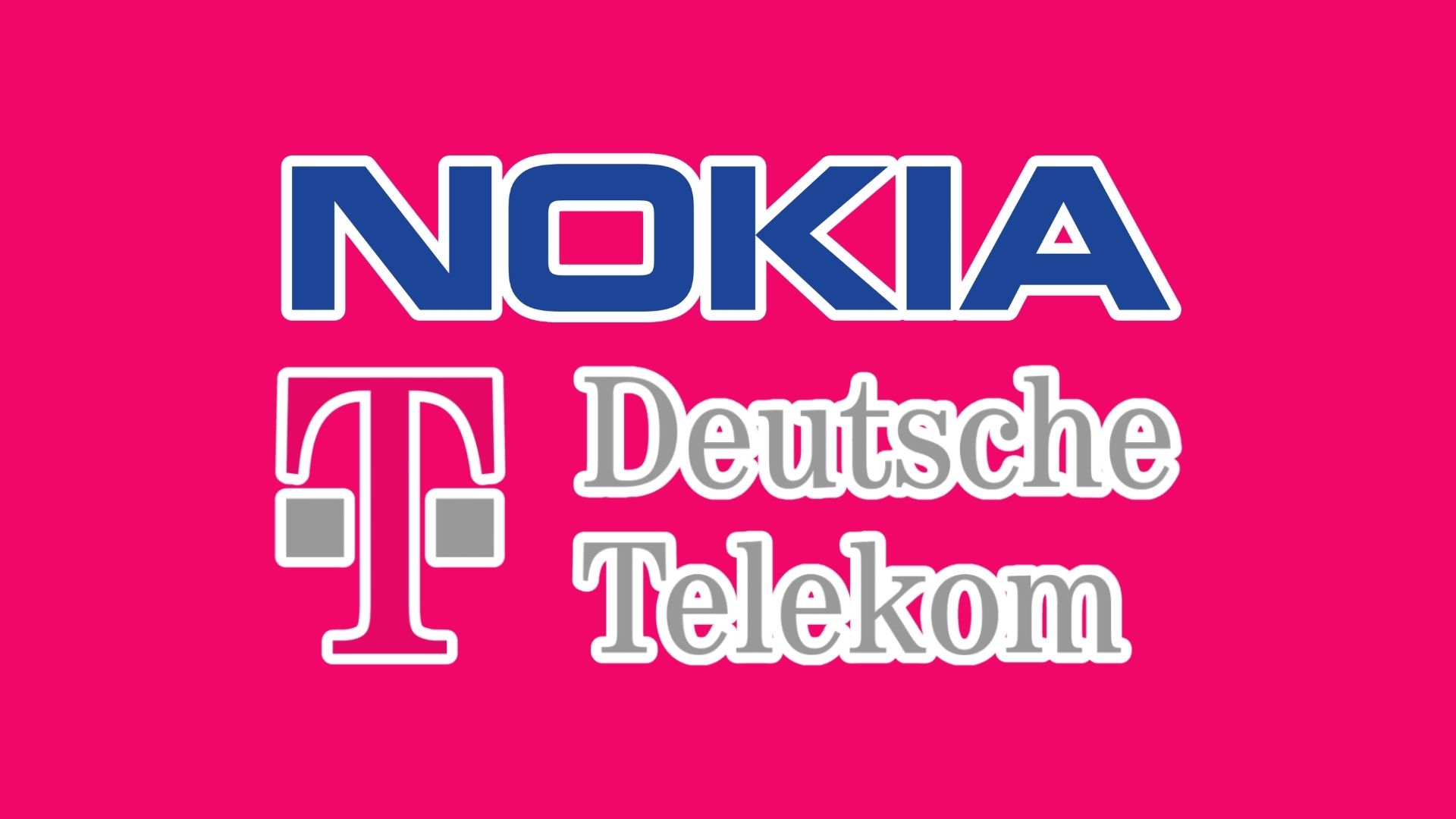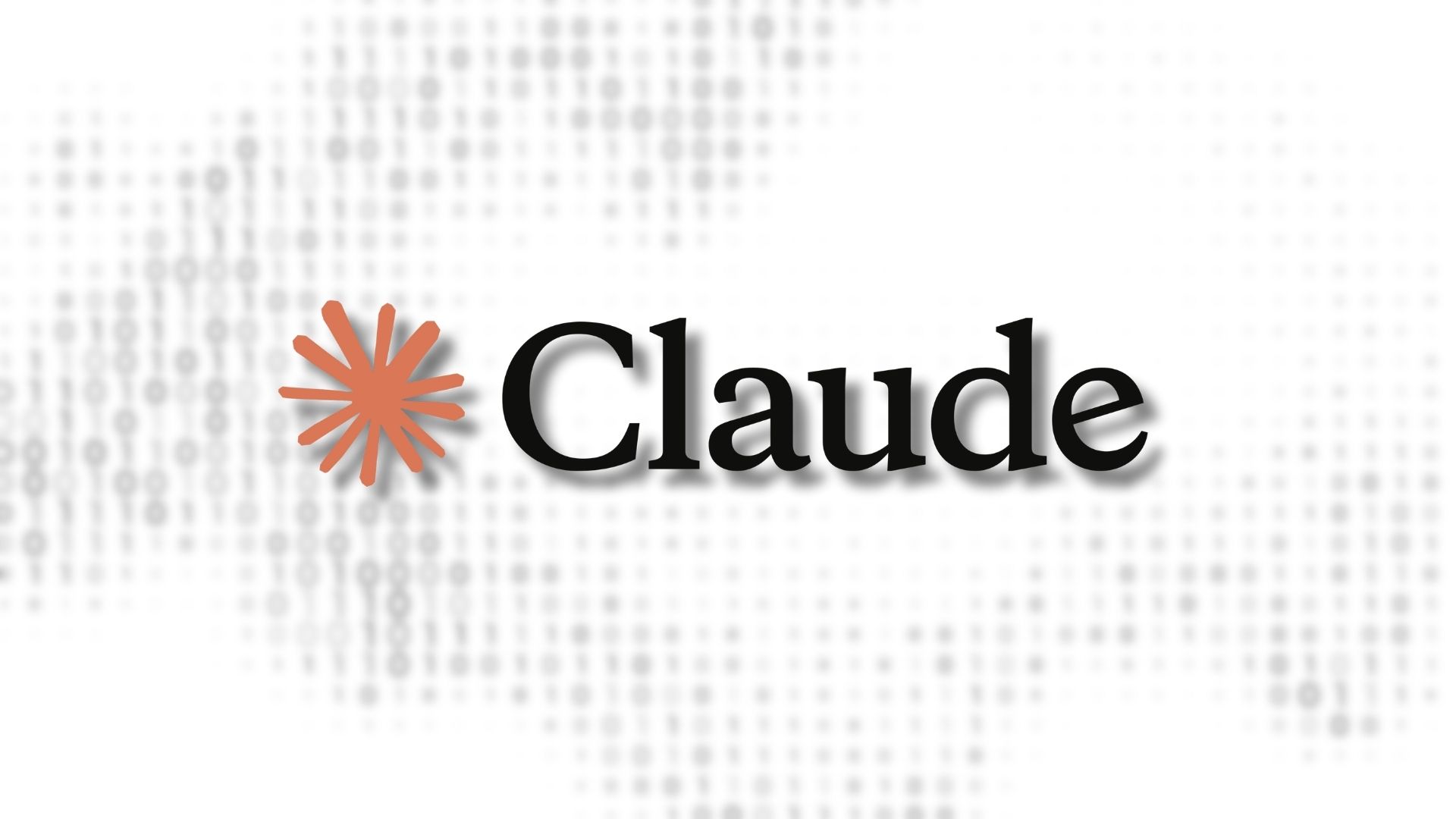Hundreds of academics urged governments to halt plans for mandatory age checks on social media, rather than accelerating deployment without assessing the risks.
The warning arrives as several European states consider restrictions on children’s access to online platforms and as companies promote verification tools such as live selfies or uploads of government-issued IDs.
Researchers argue that current systems expose people to privacy breaches, security vulnerabilities and malicious sites that ignore verification rules instead of offering meaningful protection.
They say scientific consensus has not yet formed on the benefits or harms of age-assurance technologies, making large-scale implementation premature and potentially discriminatory.
The letter stresses that any credible system would require cryptographic safeguards for every query, protecting data in transit rather than leaving identity checks to platforms without robust technical guarantees.
Academics believe such infrastructure would be complex to build globally and would create friction that many providers may refuse to adopt.
Concern escalated after early deployments in Italy and France, where verification is already mandatory.
Signatories, including Ronald Rivest and Bart Preneel, warn that governments risk introducing a socially unacceptable system that increases exposure to data misuse instead of ensuring children’s safety online.
Would you like to learn more about AI, tech and digital diplomacy? If so, ask our Diplo chatbot!










